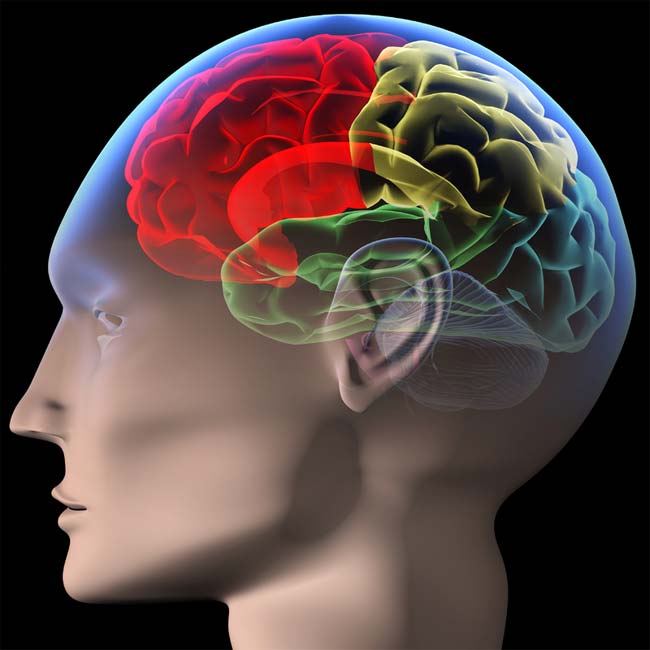Some Brains Are Wired for Change

If you're among those who think it's time for change, your attitude may be strongly influenced by how your brain is wired.
People who welcome new experiences have stronger connections between their memory and reward brain centers than people who tend to avoid anything new, research now shows.
Specifically, people who actively seek lifestyle changes may have a more developed connection between two specific brain areas: the hippocampus, a site for storing and retrieving new and old memories, and the ventral striatum, a reward system which is responsible for those carpe diem moments, said researcher Dr. Bernd Weber of the Life & Brain Center at the University of Bonn in Germany. Turns out, if the hippocampus identifies an experience as new, it then relays signals to the striatum to release neurotransmitters which lead to positive feelings.
"The strength of the connection is positively correlated to novelty seek[ers] ... but this does not imply that having weaker connections is a 'bad' thing," Weber told LiveScience.
Weber and his University of Bonn colleague Michael X. Cohen used non-invasive MRI imaging technology on 20 subjects to follow the flow of diffused water through their brain tissues. The information was then used to reconstruct a nerve pathway to the striatum. If the pull of water diffusion is stronger, that in turn implies a stronger nerve fiber tract, Weber said.
The test candidates also took personality surveys, choosing the best descriptions of their attitudes about trying new things. The data revealed the relationships between a person’s personality and their physical brain structure.
"Brain 'wiring' and personality are not really one causing the other," Weber said. It's more likely to be an interaction between the two.
Get the world’s most fascinating discoveries delivered straight to your inbox.
Surveys relating to social acceptance were also conducted on the participants. Here too the researchers noticed a link. They found that the connection between the brain's frontal lobe and ventral striatum was much stronger when that person had more of a desire to be recognized within their environment. This was expected, since people with defects in their frontal lobes are more likely to violate social norms.
"We did not investigate people with defects in [the hippocampus] or the [striatum], but we will certainly look at this in the future. We will now go on to investigate larger subject pools to not only study personality but also behavior … we will also investigate pathological changes, as in psychiatric diseases," Weber said.
The research is detailed in an online version of the journal Nature Neuroscience.


